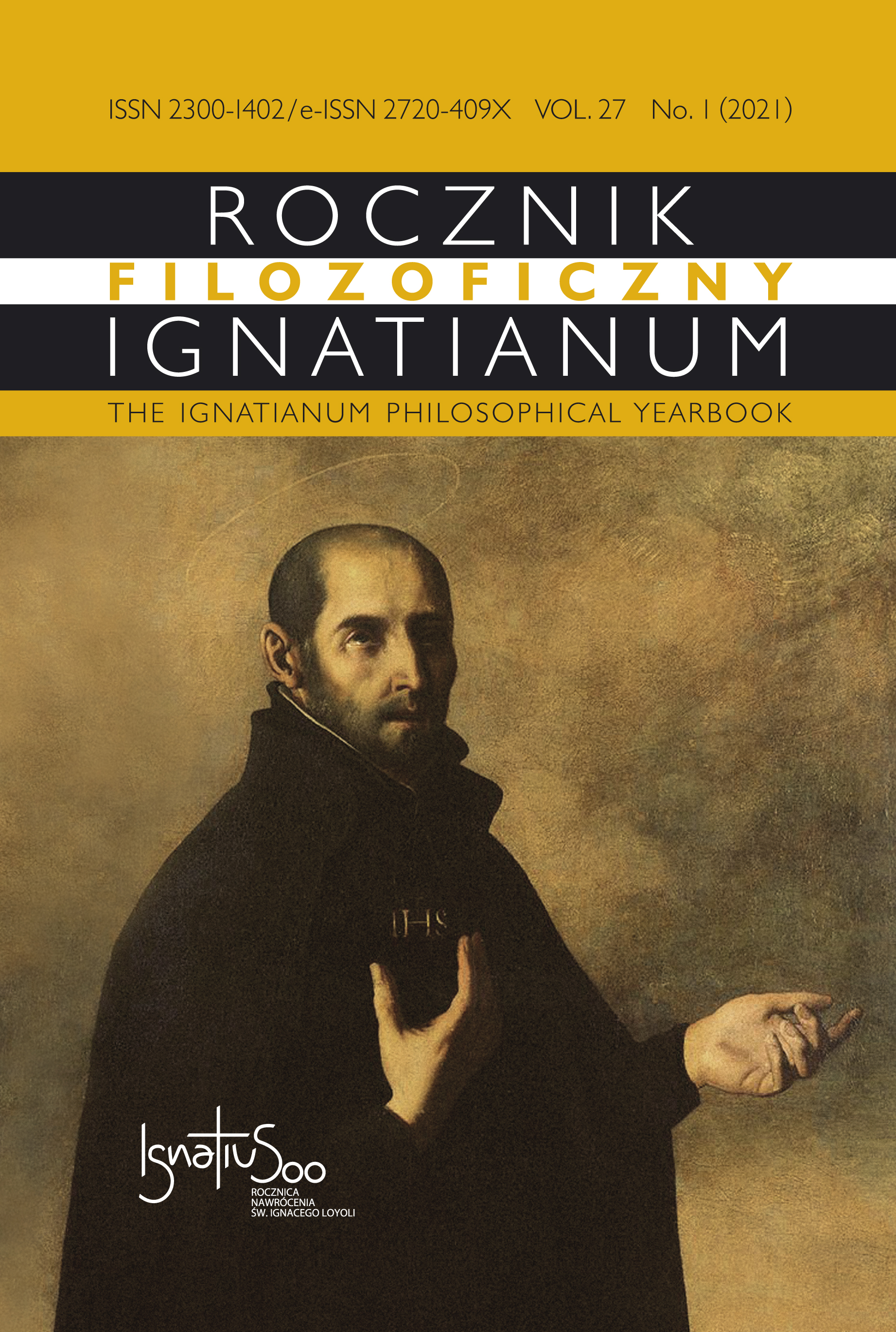Poetry and Piety
On Pieśń poranna by Franciszek Karpiński
Abstract
The aim of this article is to interpret the meaning of Franciszek Karpiński’s poem, published in his collection Pieśni nabożne [Devotional Songs] (1794), as an outstanding work of religious poetry and as a cultural text that grew out of the centuries-old tradition of various poetic genres to become inscribed in the canon of Catholic prayers, as well as in the piety of the faithful who practiced the Christian order of the day. The article considers the history of editing the verbal text of the interpreted work, and issues related to its musical layer: the melody of Pieśń poranna [Morning Song]. The text is solidly backed by existing readings of the Morning Song by eminent experts on Karpiński’s works (W. Borowy, T. Kostkiewiczowa, R. Sobol, T. Chachulski). The relationship between the poetic work and the tradition of religious writing, especially sacred poetry, can be described by the term itertextuality (instead of intertextuality). Kiedy ranne wstają zorze... is an occasional song both in the typological and theological sense of the term. The work turns out to be a poem of polymodal subjectivity, a lyric of multiple voices. It contains references to literary tradition and constitutes an original case of folklore. It embodies the “beautiful and elevated as well as simplicity” advocated by the author himself in his program treatise O wymowie w prozie albo wierszu. The Morning Song is an opening frame typical of hymnals. As an ecclesiastical song, it contains a clear theological content: love for God and worshiping him is the goal of a Christian’s life. The text has its origins in various forms of worship and in a variety of genres of religious writing. The song originated as a contrafactum, i.e. It was based on a well-known song melody, however, the melody changed and diversified over time. In terms of verse, the poem represents early Polish syllabotonism: the trochaic tetrastich is predominant, incidentally modified by rhetorical diction. In the poetic tradition of the Morning Song, a prominent place is occupied by psalms, church hymns, bugles and occasional songs.
Copyright (c) 2021 Jesuit University Ignatianum in Krakow

This work is licensed under a Creative Commons Attribution-NoDerivatives 4.0 International License.
The Yearbook only accepts materials for publication that are free of all conflicts of interest, and that in no way involve conflicts over authorship, copyright, etc. The Editors will take action against any cases of plagiarizing, ghostwriting1, guest/honorary authorship2, etc. Where co-authored work is concerned, the Author listed first is expected to take responsibility for the submission, and is required to make clear the contributions of all of the Co-Authors involved. In the event of the publication owing its existence to funding dedicated to this purpose, this fact should be made clear: e.g. in any note of thanks/acknowledgement, or in a footnote, etc. Explicit notification should be given of any form of reprinting, with the appropriate evidence of permission to publish being furnished as required. Any impropriety on the part of Authors/Reviewers risks exposing them to appropriate responses from the relevant institutions.
______
1 This term refers to instances of a person who has made an essential contribution being omitted from the list of authors, or from notes conveying gratitude and/or acknowledgement.
2 This occurs when a person who has made either an insignificant contribution or no contribution at all nevertheless appears on the list of authors.





